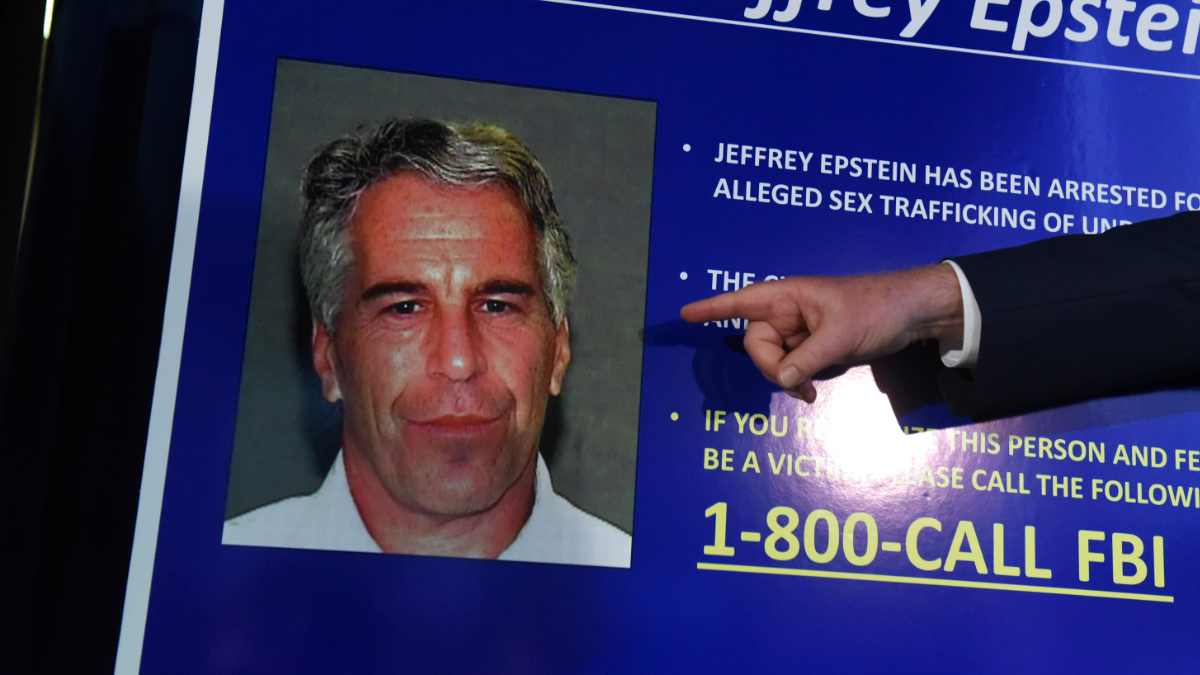
Although Marvel‘s superhero fiction tends to be action-packed and full of machismo content, there’s always an underlying message about the world we live in. Never is this more prevalent than in the X-Men franchise, where the iconic mutated heroes must always deal with segregation, prejudice and a unique form of racism from pro-humanists.
What this means is that, not only do they have to be the first line of defence against those threatening the world, but some of the humans they save also become threats. These issues come to the forefront and boil over at the beginning of X-Men: Destiny, a video game which allows gamers to see what it’s like being a mutant in a not-s0-loving world.
Following the death of Professor X at the hands of a futuristic robot set on a warpath of mutant annihilation (Bastion,) the titular heroes are on edge. They’ve lost their stalwart leader and a man who did so much to benefit the lives of young mutants from all around the world. His legacy lives on, but it’s in need of a new leader who can unify saddened souls for the greater good.
Stepping up to lead the way is none other than Scott Summers (Cyclops,) who is approached by Luis Reyes, who happens to be the leader of an organization referred to as the NRD. His plan is to unify mutant and humankind at a large rally, to hopefully bring forth peace and eventual happiness.
X-Men: Destiny picks up as the rally swings into full-force. Supporters, protestors and uneasy mutants have all joined to create a large crowd which is watching the staged events unfold. As per usual in a comic book world, things don’t go as planned. An unknown enemy starts an all-out offensive attack on those in attendance, unleashing humanoid baddies known as purifiers upon Cyclops and Reyes who are on stage, as well as those in the crowd. Is it Magneto and his Brotherhood of mutants at it again? Or is there something else going on? That’s what the player must battle with throughout this action RPG, which takes the form of a pretty straight-forward beat ’em up.
During the opening cutscene, we’re treated to glimpses of our three main characters: muscle-bound All-American football player Grant, Japanese immigrant Aimi Yoshida, and Adrian, the son of a fallen anti-mutant extremist. Each of these three young characters has an unknown destiny, which will unfold over the next several hours, as they learn about their hidden mutant powers and help put an end to the problem at hand. Players pick which one they’d like to use as their open canvas mutant avatar. What this means is that you’re not forced with a class-based decision from the get-go. Instead, powers and paths can be picked organically throughout the experience, though there isn’t much variety.

Once the introduction and selection process is completed, the game begins by introducing the lucky hero to his or her mutant genes. Powers and differences which have been hidden in their DNA for the better part of two decades, allowing them to be regular humans up until that point. It’s a stark awakening, which kicks off a story filled with intrigue, confusion, and moral conflict, as our heroes come to grips with their forever changed lives. There’s little time to ponder however, as the beat ’em up action starts right from the get-go, with groups of enemies needing to be eliminated from the town square in a tutorial of sorts.
Throughout X-Men: Destiny and its five to six hour long campaign, players must make choices as to which mutant group they support. Every one of its eight stages includes some sort of moral dilemma, as members of both sides pitch their pros to garner assistance in certain scenarios. Most decisions aren’t as interesting as one would hope, offering two different ways to solve prevalent issues such as hordes of enemies. Though, there are a couple moments where necessary thought does come into play. At these points, both sides tend to have good pitches, making it hard to choose.
Unfortunately, almost all of your decisions are meaningless in regards to anything other than achievements or trophies. Sure, they change the story a bit, but not the end result. You see; it doesn’t matter which side you pledge allegiance to throughout the game’s entirety. It all comes down to one final decision near the end of it all, which forces players to choose whether they will join Cyclops and his heroic X-Men or Magneto and his Brotherhood. The door is always open to join either side at this point, making previous decisions moot in the grand scheme. This final decision doesn’t change the impending outcome much, but it does dole out a new suit and side-specific cutscenes with unique dialogue options.
Speaking of dialogue, it’s supplied in the form of a decision-based tree. Menus pop up during conversations, allowing players to choose the topic they’d like to discuss. Once that decision has been made, a preset line or two is uttered moving the discussion forward. All three characters have their own lines, with supplied one-liners. The writing is okay at times, but cheesy and uninspired at others. At least there are the occasional options and pitches made, making things more interesting than they would be otherwise. It certainly isn’t the most advanced dialogue mechanic, but the job gets done.

During my time spent playing X-Men: Destiny, I couldn’t help but feel that it was just a glimpse of Silicon Knights‘ overall dream. Comprised of selected elements from the previously cancelled Marvel massively multiplayer role-playing game, it plays in a very dated and repetitive fashion. Being a game which I was personally looking forward to, this came as quite a disappointment. It boils down to a generic and repetitive beat ’em up with limited variety and a lack of interesting content. You’re almost always doing the same thing over and over again: pummelling different foes with flying fists and limited mutant powers. Perhaps more time in the proverbial development oven could have brought forth a more in-depth game with the missing layer of polish?
The idea to bring new, open canvas mutants into the fold wasn’t a bad one. However, the way it’s done here is quite basic. The characters themselves are somewhat uninspired and don’t have a great amount of draw when compared to some of the cool mutants which inhabit the series’ comic book pages, animated series and feature films.
Their story-related power choices are quite limited and don’t come anywhere close to rivalling those of the series’ aforementioned heroes and villains. Three power arcs are available upon the adventure’s outset, falling into three categories: melee power, ranged energy attacks and the use of shadow matter to bring forth powerful blades. I wish there was something more unique, creative and for lack of a better word, cool.
As players progress through X-Men: Destiny and its brief campaign, they will be faced with aiding different members of its cast in challenge room scenarios. There are fifteen of these to be found throughout the game, with some extra hidden rooms added in. This is an area screaming for variety and game changing content, but we rarely see it.
Usually, these challenges take the form of standard brawl rooms, where you must defeat a certain amount of enemies within a limited amount of time. Other times, you’ll have to defeat prototype weapons, get more kills than Wolverine or save civilian prisoners from, you guessed it, waves of foes. For a series based on unique qualities and individual strengths, this game really doesn’t take much advantage of its inspiration.
There are hints of a pretty solid game within X-Men: Destiny, but they’re rare and fleeting. I liked the idea of being able to choose your own destiny, which is an idea the developers should have made as more of a risk and reward style mechanic. It was also nice to be able to collect different suits and mutations based on different characters from both sides of the mutant race. Using their basic power ingredients added a bit of variety and strategy into the game, creating a lot of its role-playing game choice and content.
However, most of those powers weren’t as noticeable or game changing as they could have been. I didn’t notice great changes with most of them, using one I picked up early on, throughout a lot of the game. Three powers and one suit can be equipped at all times, allowing for mix and match decisions with alright XP-related upgrades. They’re mainly found as collectibles, though happen to also be given out as challenge room rewards.

Don’t get me wrong: X-Men: Destiny is not a terrible game. It’s sub-par with hints of positivity and some alright moments. However, when compared to other games released in its genre throughout recent years, it’s dated and uninspired, feeling like it could’ve used several more months in the game development oven. Fans of the popular superhero fiction will enjoy seeing and interacting with both popular and lesser-known characters though, to be frank, there just isn’t enough of it.
What’s obvious is that the development team tried to make this fan service for comic book fanatics, as there are some neat-looking breakable fonts which pop up within the gameplay realm when you perform combos or only have a certain amount of baddies left to pummel. That is one touch that really impressed me, as it showed them thinking outside of the box.
To put it in few words, X-Men: Destiny looks a lot older than it is. There are some decent power effects, but the character models and environments look archaic from start to finish. Animations are pretty stiff and quite limited when it comes to the characters, with average ones used for the different powers. Most of the time, it’s just a different coloured glow added around the character and his or her moves. The locations themselves are somewhat varied, though there’s a lot of time spent in dark areas like sewers and underground laboratories. When you’re above ground, things tend to look quite a bit better with added definition and improved lighting effects.
Money was obviously spent on the voice acting, which is performed by some relatively well-known actors from popular films and television series. The three main characters are voiced by Jamie Chung (Sucker Punch,) Scott Porter (Friday Night Lights,) and Milo Ventimiglia (Heroes.) Steven Blum, Nolan North and Phil LaMarr also lend their pipes to some of the iconic cast members. Generally speaking, I thought the voice acting was pretty good. It’s not exceptional by any means, but there weren’t any noticeable issues with it, despite the fact that the writing is kind of cheesy. It’s the best part of the audio department, which is pretty ho-hum otherwise. Generic sound effects combine with a limited amount of noticeable music to create a less than stellar auditory experience during gameplay.
Overall, X-Men: Destiny is a sub-par experience, which has the building blocks for a much better game. It’s very generic and dated, feeling like something we would have played last generation or even prior. A great license exists underneath it all, but it’s very rarely taken advantage of. With more time in development, this could have been a more commendable and cohesive experience. Fans of the X-Men franchise will find some enjoyment in Destiny, but the majority of gamers won’t be as forgiving.
This review is based on the XBOX 360 and PlayStation 3 build of the game, which we received for review purposes.










Published: Oct 5, 2011 04:39 pm